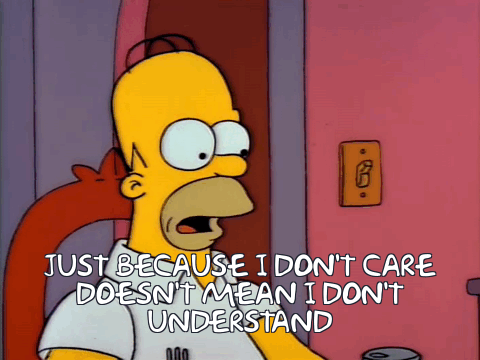That line of thinking doesn't really work in the US though because the electorate doesn't decide any of those things.1) People stop looking to the courts to create laws they want rather than persuade the electorate of why their views should be law;
The electorate could elect a center right liberal with decent enough social policies, only for the electoral college to intervene and force a far right extremist into office who can then use his ill gotten position to oppress trans people.
The electorate at large can support rights for minorities and vote accordingly , only for the Senate which is tied to states rather than to populations to just stonewall any bill that might right for minorities that the majority supports, because a fringe minority of conservatives is enough to secure a senate majority.
The electorate at large could despise the idea of a rapist and a religious fundamentalist getting put on the supreme court but its not them who decide that, its a president without support of the electorate and a senate without the support of the electorate who decide this. Nowhere in the process was it ever required to persuade the electorate. Every step in the process was meant to overrule the electorate.
That can't happen either because the Republicans have made it very clear that they will use court appointments as a means to terrorize a majority that's increasingly opposed to the ultra conservative values exposed by the Republican party. As such court appointments cannot be a mundane matter because the Republicans means for them to be a threat against their own population.2) Court appointments become a mundane matter again that few even notice;

